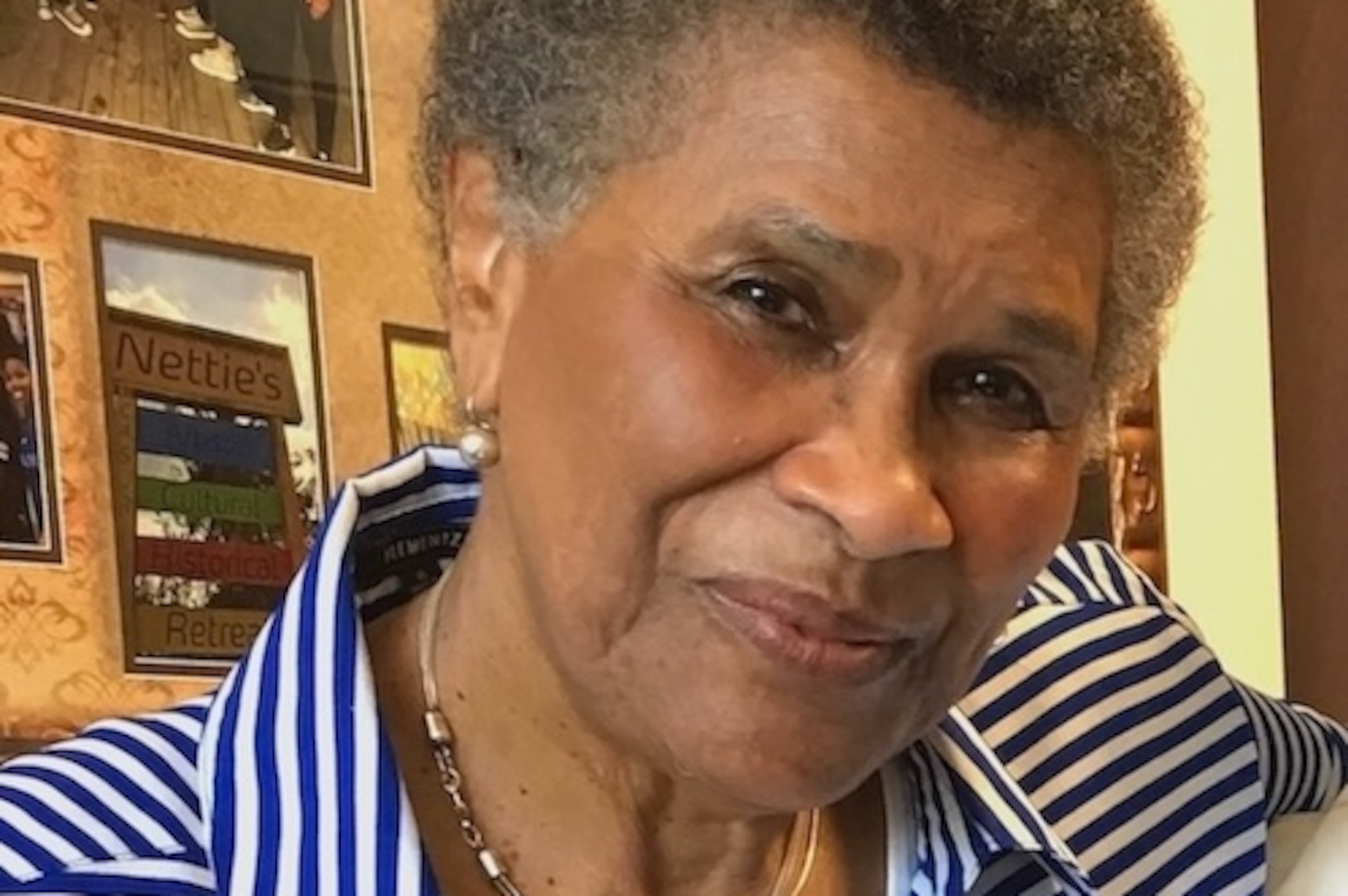Dr. Stephen B. Thacker, 65: Helped identify Legionnaires disease
Dr. Steve Thacker understood the concept of trial by fire.
In 1976, on his second day as an Epidemic Intelligence Service (EIS) officer for the Centers for Disease Control and Prevention, Thacker was sent to Philadelphia to investigate an unknown illness outbreak among attendees of an American Legion convention at the Bellevue-Stratford Hotel.
That investigation will forever be recorded in CDC history as well within the realm of public health as the first time Legionnaires’ disease was identified.
“Steve has done so much to make the CDC what it is,” said Dr. Tom Frieden, director of the CDC. “He insisted on rigorous science and he never lost sight of what was important, in terms of helping people live longer, healthier lives and addressing social justice.”
Stephen B. Thacker, of Atlanta, died Friday from complications of Creutzfeldt-Jakob Disease, an degenerative neurological illness that causes rapid deterioration of the brain. He was 65. A memorial service is scheduled for 10:30 a.m. on March 9 at Immaculate Heart of Mary Catholic Church, Atlanta. SouthCare Cremation and Funeral Society was in charge of the cremation.
After Thacker graduated from the Mount Sinai School of Medicine in 1973 and completed his residency in family medicine in 1976 at Duke University School of Medicine, his eye was squarely on public health, said his wife, Luz M. Fortes Thacker.
“He knew early on that his mission was not to be a clinical, practicing physician,” she said. “He wanted to serve and it is not something he would go around talking about, but he was on a mission to serve the public good.”
Thacker began his CDC career in Washington, D.C., but by 1979, he relocated to Atlanta to continue his work as an EIS officer. He remained at his job as long as his health allowed, his wife and daughter said. Earlier this month the CDC held an appreciation ceremony for Thacker and has named two awards for him, Frieden said, one recognizing promoters of social justice and the other identifying those who seek to mentor others.
“I can think of nobody who is more exemplary of the mission of the CDC and of public health,” said Dr. David Satcher, director of the Satcher Health Leadership Institute at the Morehouse School of Medicine and former CDC chief. “He had a tremendous commitment to public health and that is why he was able to do so many different jobs at the CDC. Whenever there was a need for someone to step in, he was always willing to do that and to continue what he was already doing.”
For all he did at work for people across the globe, he also delighted in his role as a husband, father and grandfather, his daughter said.
“He coached whatever we were into,” said Maria T.F. Thacker Goethe, his eldest daughter.
Ron Sattele, a friend of more than 20 years, relished the time he got to spend coaching basketball with Thacker.
“Only in basketball was he my assistant,” Sattele joked. “Because he’s brilliant, right? But basketball was his release and he became my assistant.”
Goethe said her father’s legacy goes beyond being a great father, basketball coach, scientist and researcher.
“He was a humble man and showed great compassion,” his daughter said. “He just wanted to make this world a healthier place and he hoped others would do the same.”
In addition to his wife and daughter, Thacker is survived by his youngest daughter, Gabriella C.B. Thacker; and one grandson.

